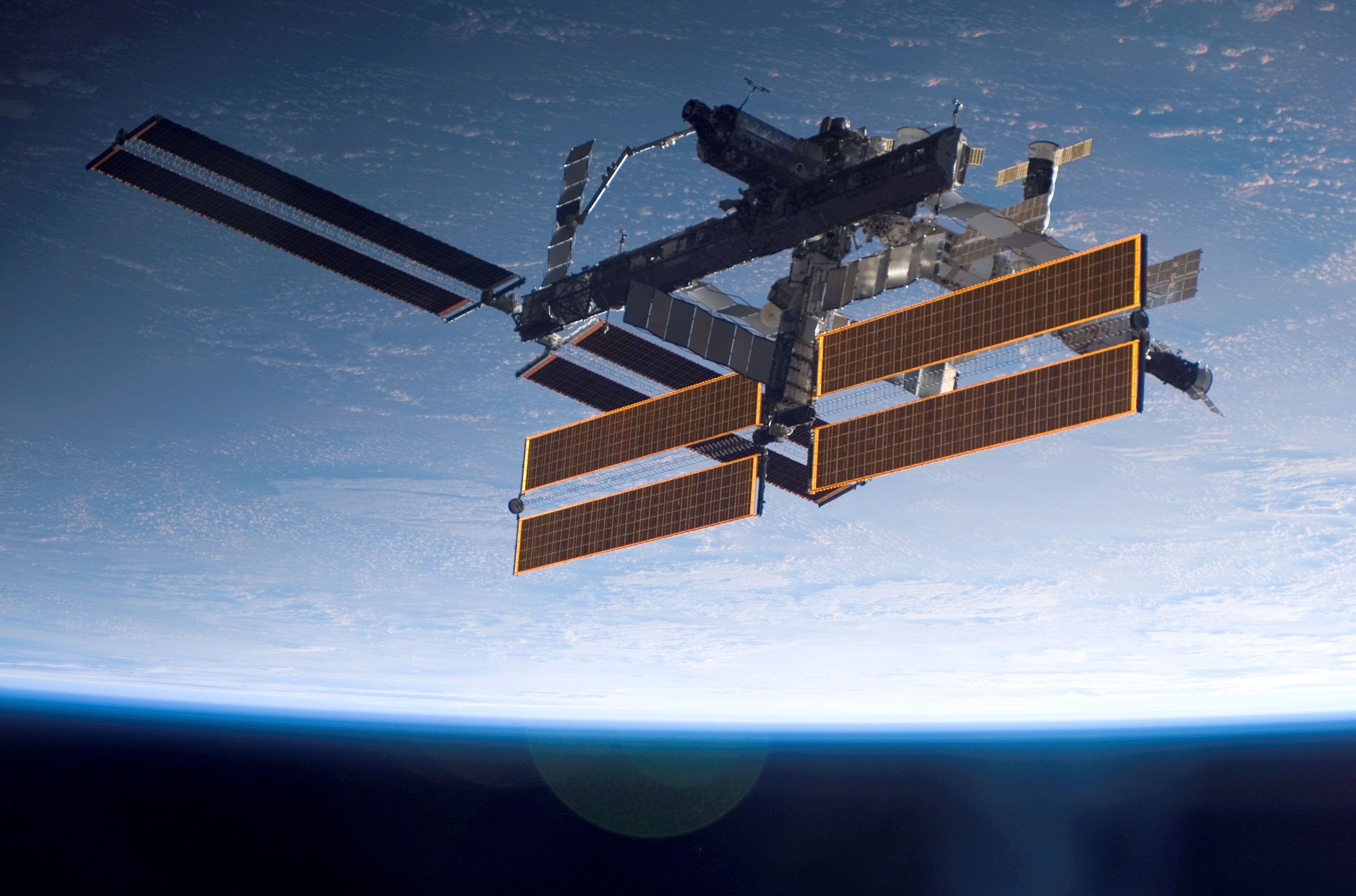We could grow organs in space and bring them to Earth for transplants, research suggests

Scientists hope to grow organs in space and bring them back down to Earth, in a move that could transform liver transplantation.
New research is using experiments on board the International Space Station to test the “self-assembly of human liver tissues” so that they can be used in medical contexts.
The kind of microgravity that is found in low-Earth orbit – the area of space below an altitude of 1,200 miles, where the International Space Station floats – may address some of the problems with engineering tissues that we face on Earth, scientists have suggested.
The new study suggests that is true – and is working on ways to continue that growing process as well as bringing the tissues back down to Earth.
“Our findings indicate that microgravity conditions enable the development of liver tissues with better differentiation and functionality than those cultured on Earth,” said Tammy T Chang, who led the work. “This represents a critical step toward creating viable liver tissue implants that could serve as an alternative or adjunct to traditional liver transplants.”
If those tissues can be grown in space, they will need to be safely preserved to bring them back down to Earth for use. Researchers hope to test a technique called isochoric supercooling, which cools down materials below freezing but without damaging them.
If that works it will help make tissues last much longer, and scientists hope that it could be used with whole organs.
“Our goal is to develop robust preservation techniques that allow us to bring functional tissues back to Earth, where they can be used for a range of biomedical applications, including disease modeling, drug testing, and eventually, therapeutic implantation,” Dr Chang said in a statement.
Join our commenting forum
Join thought-provoking conversations, follow other Independent readers and see their replies
Comments
Bookmark popover
Removed from bookmarks